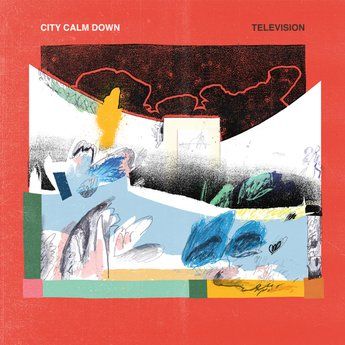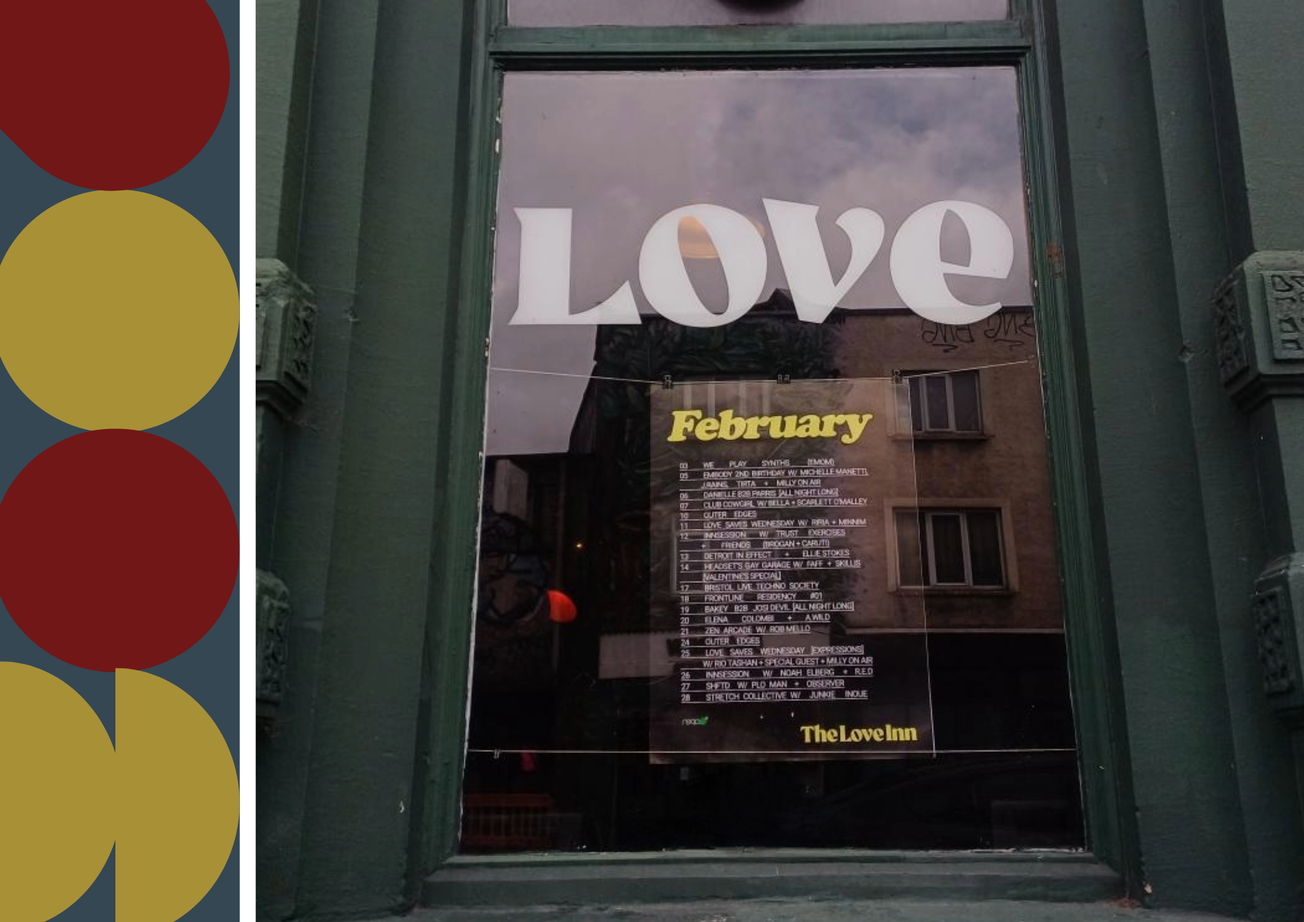By Nick Kramer, Former History student
City Calm Down’s Jack Bourke walks Epigram Music through the band’s foundations, inspirations, and ‘decluttering’ for their new album.
Those unfamiliar with CCD’s work can look no further than 80s British Post Punk. With characteristic tunes 'Pleasure & Consequence' and 'Rabbit Run' particularly evocative. Bourke comments on City Calm Down’s inspirations: ‘[The band] started getting together to play music that was influenced by the likes of New Order, Joy Division, Depeche Mode and The Chemical Brothers.’
This was the crucial artistic crossover for the band in its early years, and has had had an obvious and tangible effect on their sound. ‘I suppose when a group of musicians find common ground musically they use that to build the foundations of their own sound. Of course, this can make it tricky to escape your influences and find a sound palette that distinguishes you from them, on our most recent record we were channelling bands like The Clash, T Rex, The Smiths, The Replacements, Talking Heads’.
Formed in Melbourne in 2008, City Calm Down have now released their fourth album, Television, and Jack notes that from the start the band’s motivation has remained the same:
‘We make music for ourselves first, and everyone else second. So, the primary focus is to enjoy it and create music that excites us.’
Television is a wholly different album creatively: ‘We'd already started piecing together more stripped back arrangements for our songs but Burke Reid, who produced the record, really helped us refine that process. Burke characterised the challenge as trying to make the song recognisable if you were to hear it playing in the next room.’
This is a process Jack credits to a conscious trimming down of sorts: ‘It was purposeful. We wanted to make the songs simpler in terms of the number of “ideas” that were happening in each section of music. In other words, to declutter our arrangements. The reason was that we wanted to produce a more focussed record that was more direct both musically and lyrically.’

Throughout Television there is a sense of melancholy and nostalgia, despite the upbeat nature of the music. Bourke sees this as central: ‘I certainly gravitate towards music that has bittersweet qualities to it. I think this is because such music feels coherent with the world around me. It's a wonderful place but it's also a brutal place. Music is just a manifestation of that reality.’
Lyrically Bourke calls to mind reflections on this ‘wonderful’ yet ‘brutal’ life in this album. In the album title song Television he warns of the mind-numbing reliance on media, a zombified life letting the world pass you by. ‘Digital technology is both liberating and tyrannical, depending on who controls it, who uses it and how they use it.’ Yet despite the force to his message, his lyrics are only allegorical and instead, ‘tend to err away from being too prescriptive. The world is a complicated place and there are already lots of people telling us and each other how we should live our lives. I write my lyrics with the goal of forcing a question rather than dictating an answer.’
Through the eyes of Bourke and City Calm Down the world is a nuanced and bittersweet spectrum of ups and downs. There aren’t many albums which convey this keener than Television, well worth a listen this week.
featured image: Ian Cheek Press








